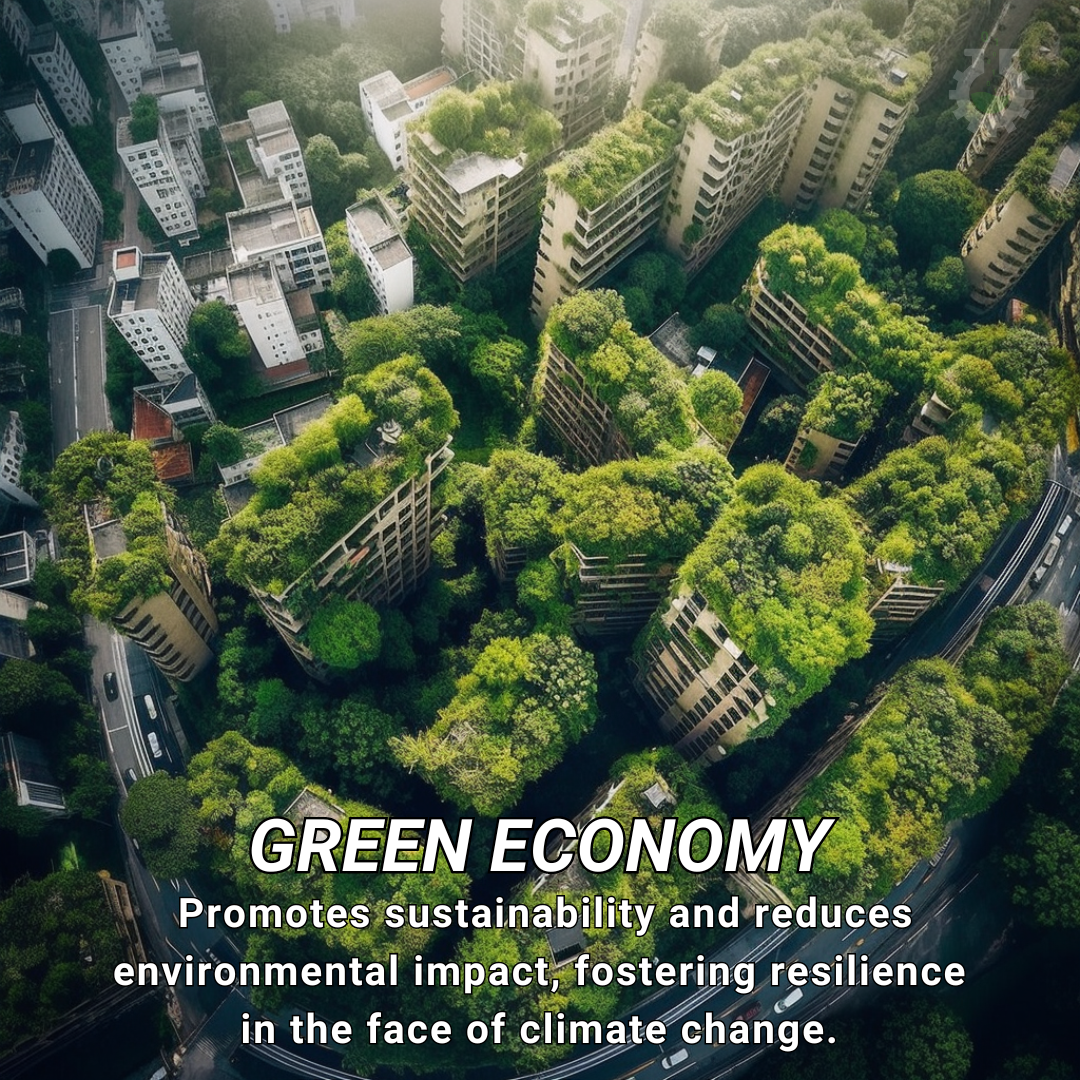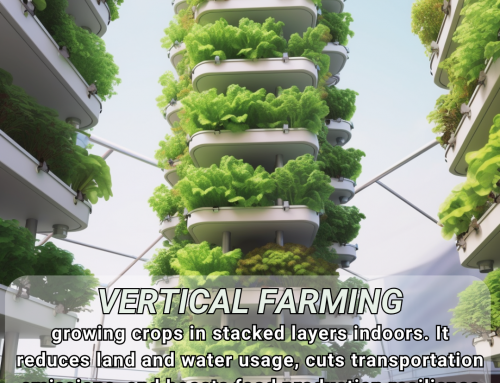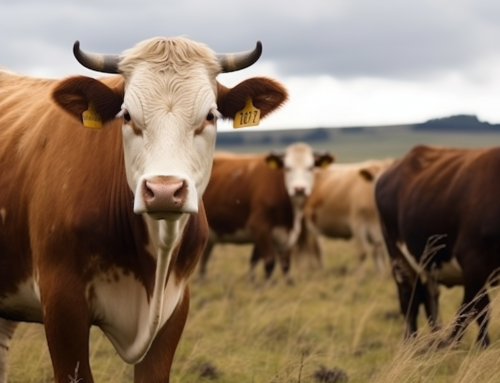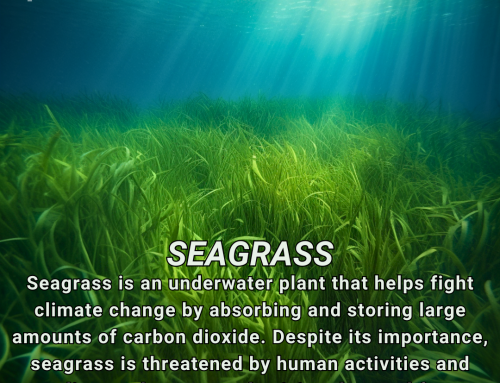
Today’s Climate Change Poster Collection highlights Green Economy, an economy that aims at reducing environmental risks and ecological scarcities, and that aims for sustainable development without degrading the environment. The concept of a green economy is gaining traction around the globe. This economic model is designed to reduce environmental risks and ecological scarcities, and promote sustainable development. The main goal is to create an economy that not only thrives but also protects the environment. It is a holistic approach that aims to integrate economic growth with environmental sustainability.
The green economy assigns economic value to natural capital and ecological services. It incorporates full cost accounting, including externalized costs on society via ecosystems. This approach to economics recognizes the inherent value in our natural world and the essential services it provides. From clean air and water to fertile soil and biodiversity, these ecological services are integral to our survival and prosperity.
Promoting environmental friendliness and sustainable practices among industries is a key component of the green economy. Consumer-facing indicators such as green stickers and ecolabels have been developed to encourage businesses to adopt more sustainable practices. These labels not only inform consumers about the environmental impact of products and services, they also incite companies to improve their environmental performance.
Green economics is not a standalone subject. It integrates economic theories with various other subjects such as feminism, postmodernism, environmentalism, and the peace movement. This integration highlights the interconnectedness of our world and the need for a multidisciplinary approach to address our most pressing challenges.
The United Nations Environment Program (UNEP) 2011 Green Economy Report advocates for an economy that is efficient, fair, low-carbon, resource-efficient, and socially inclusive. A green economy focuses on low carbon, resource efficiency, and social inclusivity. It aims to promote growth in employment and income through eco-friendly investments. This approach to economic development recognizes that economic prosperity and environmental sustainability are not mutually exclusive but should be pursued together.
The UN Environment supports the view of natural capital as a critical economic asset. It promotes policy reforms, changes in taxation and regulation, and targeted public expenditure for green investments. The UN Environment aids countries like Mongolia in implementing policies for a green economy, promoting multi-stakeholder partnerships, and encouraging sustainable changes in consumption and production patterns.
The green economy represents a new way of thinking about economic growth and development. It offers a path towards a more sustainable and equitable world, where prosperity does not come at the expense of our planet. Through policy reforms, innovative business practices, and changes in consumer behavior, we can transition to a green economy and secure a better future for all.
Discover an inspiring collection of climate change poster.






